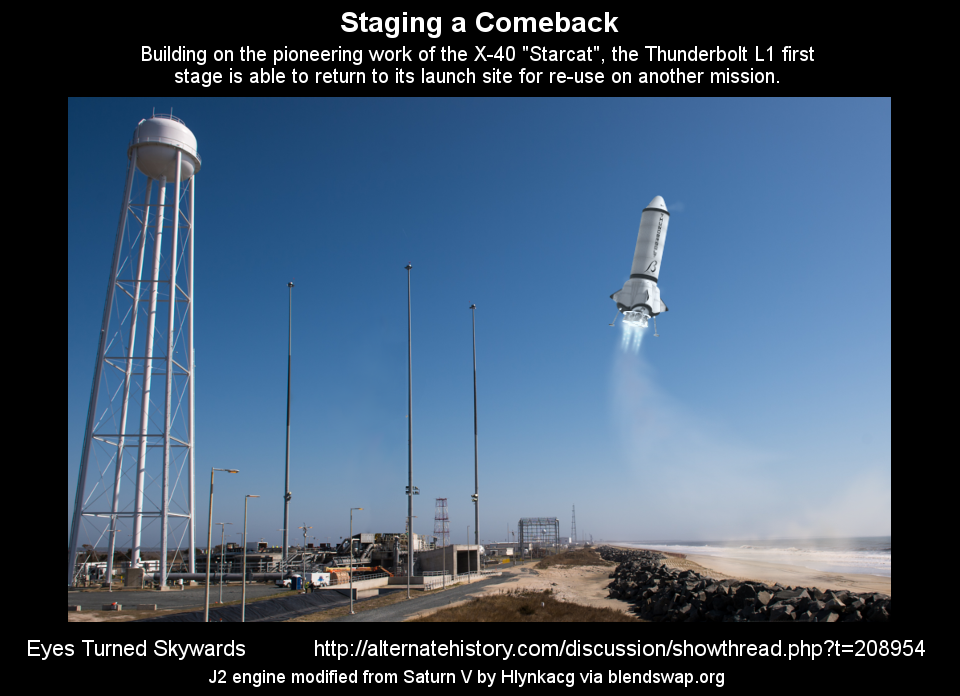I based it on the fact that in the previous three pages many of the proposals that I have seen are of the kind "and then the Space Shuttle/the Apollo program/whatever program it was/there was one or several catastrophes that caused the fall of the interest in space programs. And that caused a chain reaction that, as the United States stopped funding the space race, suddenly all the other countries lost interest in their own space programs and defunded them even faster."I’m not sure where you’re getting this idea from, because the OP is just categorizing stories, and specifically notes that stories that have less space travel than OTL are uncommon. That offers an obvious invitation to consider such stories which is more lacking in other categories (realistic but better, mildly unrealistic, full-on sci-fi) since space buffs such as myself have already, you know, covered a lot of ground there. It’s not that there’s nothing that you can do, but it’s harder to come up with something novel when there are great stories discussing many plausible (or even implausible) PoDs there. Actually per an earlier mention I think it might be interesting to do a timeline focusing on an optimized probe program, but that’s a rather narrow scope (also I did consider this to some extent with Eyes)
Also, I don’t know where you got this idea of “the author trying to keep the TL realistic has meant apocalypse,” since when I think of realistic space timelines I think of the stories by myself, e of pi, Polish Eagle, or Nixonshead (for example), where nothing even remotely similar has been the case, but rather we try to keep the program reasonable in both technical and budgetary details compared to what is physically possible and financially reasonable. No nuclear wars or apocalyptic events in any of those, so far as I know.
To be fair, when I talked about "disaster stories," I was mostly thinking of Future History and the many variants of "And then climate change screwed us all over in fourteen different ways before we had breakfast", or "and then a civil war broke out in the United States that somehow ended up dragging the rest of the world down the drain even if it was only in the United States where NBC weapons were deployed", or "and then some unspecified disaster occurred"...
...rather than in the examples of "stories focused on successful future space programs" (although I remember seeing at least one that was about humanity being forced to colonize space in huge generational arks after climate change destroyed the Earth).
It is in the latter that I have seen more of what I described as "huge dissertations on politics, economics, and speculative construction of fauna." Which, rather than complaining about it, I commented that it seemed uninteresting to me because the examples I have seen are very dense.

